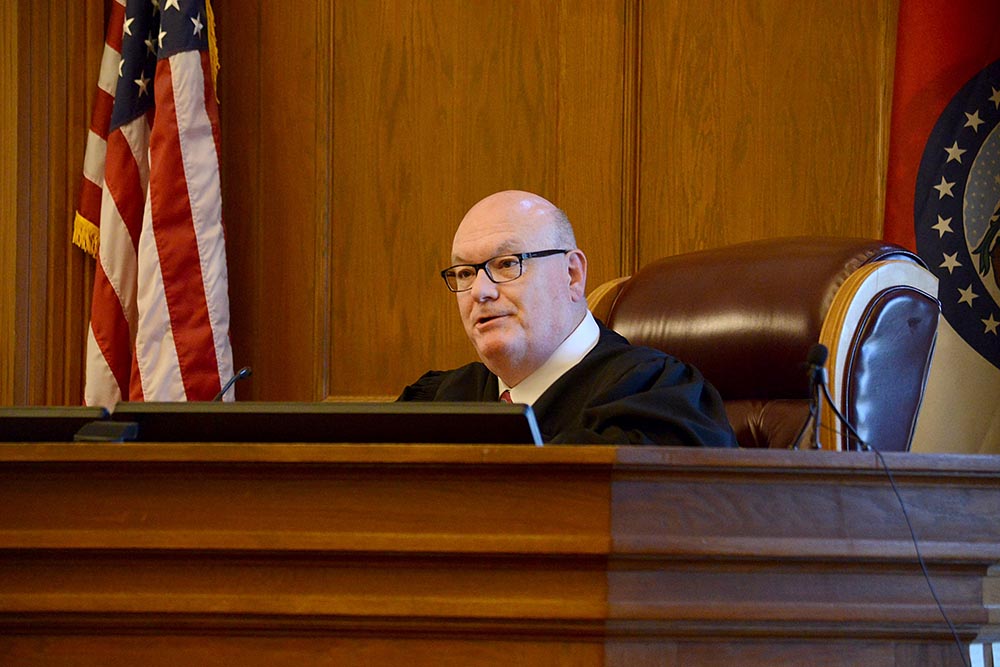JEFFERSON CITY, Mo. — In an uncommon move, a Cole County judge gave the boot to a second lawsuit seeking to overturn the secretary of state‘s rejection of a referendum petition — without even holding a hearing.
On Friday, Judge Daniel Green dismissed, in part with prejudice, a lawsuit filed by David Humphreys seeking to put a sweeping abortion bill to a vote of the people. The decision came the day after the petition was amended to seek a writ of mandamus — as requested by Green earlier in the week.
“With regard to the claim(s) in mandamus, this Court is not of the opinion that the preliminary order in mandamus should be granted and therefore, no such order shall issue. Case dismissed,” wrote Green.
The petition was also seeking a temporary restraining order, injunction, and declaratory relief. All of which were dismissed with prejudice.
Green on Thursday dismissed a similar lawsuit filed by the ACLU of Missouri; the group plans to appeal the ruling. The dismissal of the first lawsuit did not include any reasoning.
Both lawsuits contend Ashcroft acted outside of his purview in rejecting three referendum petitions which sought to give voters the final say in a sweeping anti-abortion bill signed into law by Gov. Mike Parson in May.
The issue at hand, according to Ashcroft, is the emergency clause attached to the bill. The emergency clause resulted in a portion of the bill going into effect immediately after being signed into law.
The provision in place is a requirement for both parents of a minor to be notified if she seeks an abortion.
The vast majority of the provisions — banning abortion at eight weeks, along with “nestled” components to include restrictions at 14, 18, and 20 weeks should a court overturn a portion of the law, and an outright abortion ban if Roe v. Wade is overturned — will go into effect on August 28.
Last month, the ACLU and Humphreys, a prominent Republican donor, each submitted a referendum petition on HB 126 in its entirety. The third referendum petition — also submitted by Humphreys — does not include the provision already in effect.
The decision to reject the three petitions was made by the Secretary of State’s Office based on its review of the law and case precedent.
The lawsuits argued the lone provision does not actually constitute an emergency, and Ashcroft should have been evaluating the petitions on form only.
For a referendum vote to be called, 5 percent of legal voters in six of eight congressional districts — at least 100,126 Missourians — must sign the petition by August 28, 2019. Signatures cannot be gathered before the Secretary of State’s Office approves the referendum petition for circulation.

Alisha Shurr was a reporter for The Missouri Times and The Missouri Times Magazine. She joined The Missouri Times in January 2018 after working as a copy editor for her hometown newspaper in Southern Oregon. Alisha is a graduate of Kansas State University.





















